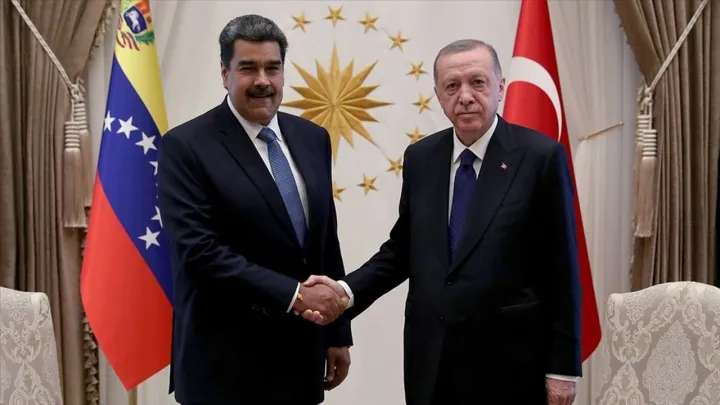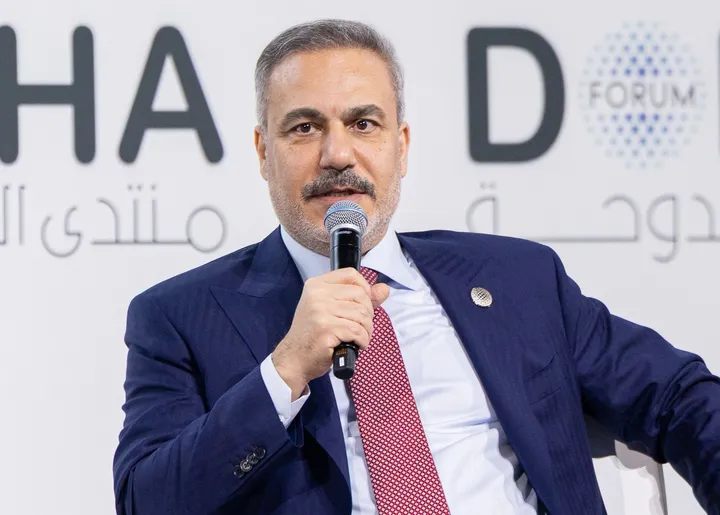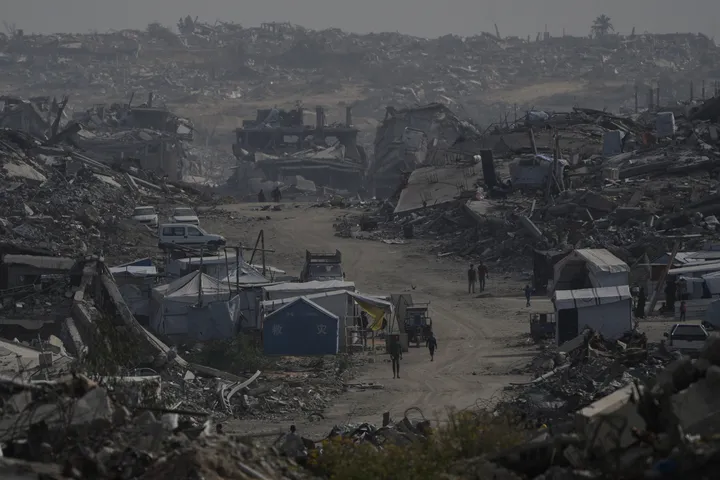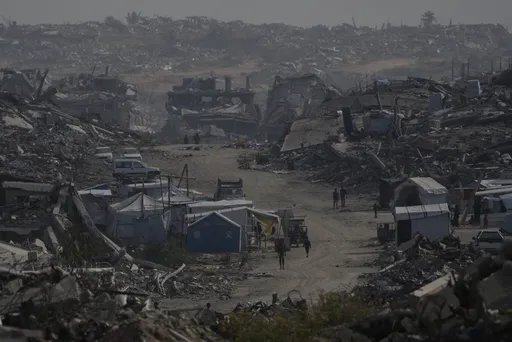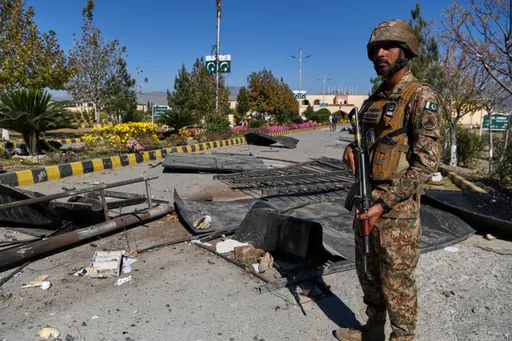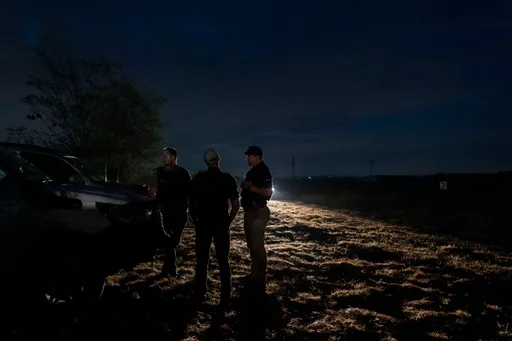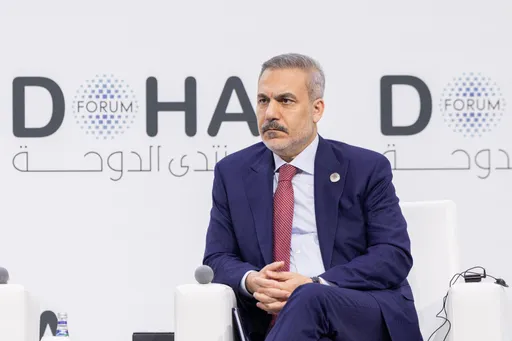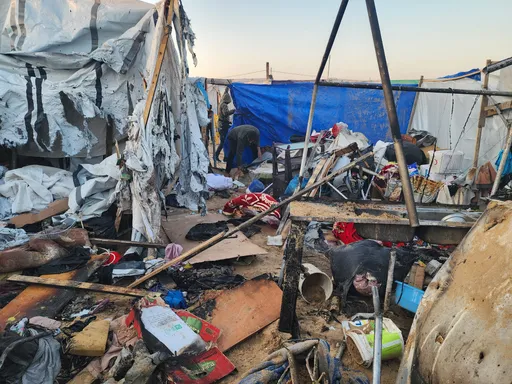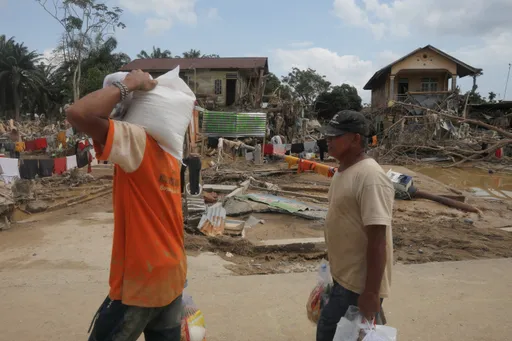Turkey has been able to respond to the ongoing coronavirus outbreak with some speed, as evidenced by the production of domestically made ventilators and being able to export protection equipment to other countries dealing with the crisis.
Just this week, Ankara inaugurated another big state hospital in Istanbul to help fight the virus, as the number of cases in the country went past 90,000.
The Basaksehir City Hospital has a 2,682 bed capacity and half of its capacity has been in use since Tuesday, when Turkish President Recep Tayyip Erdogan opened the hospital for public service.
Experts believe that Turkey’s medical infrastructure, which has enjoyed considerable investment in the past two decades, and the country’s style of governance has helped it tackle the pandemic efficiently.
“The Turkish state had the foresight for the possibility of a pandemic and as a result, it has developed a plan to fight the pandemic beforehand” said Mehmet Yildirim, a general surgery specialist and a professor of medicine at the Bilecik University.
Yildirim, who was formerly one of the top officials in Istanbul’s Kartal state hospital, remembers receiving instructions from the health ministry in early 2019 to prepare medical facilities for a possible contagion.
He also believes that the speedy production of ventilators, which the government says could number as many as 5,000 before the end of May, demonstrated Turkish self sufficiency in handling the crisis.
Indigenous industries
Since sanctions placed on Turkey after the 1974 operation to protect the Turks on the island of Cyprus, Ankara has overseen a mindset shift that prioritises domestic development of key assets rather than foreign dependence, Yildirim explained.
This is evidenced in Turkey’s improvement of its defense industry, which domestically produces tanks and drones, and has been a key player in its response to the pandemic.
“BIOSYS, a Turkish technology company, has already developed a prototype of these ventilators,” Yildirim told TRT World, explaining this process had been expedited with the support of the Turkish government.
The development of ventilators also demonstrates the level of mutual understanding between the Turkish government and the private sector.
Arcelik, one of the country’s best known brands, is a key player, as is Aselsan, a Turkish defense corporation in the production of ventilators.
“While the world is facing difficulties, Turkey has successfully overcome hurdles to make its own medical ventilators,” Turkish President Recep Tayyip Erdogan recently said.
The success of the ventilator production pipeline, could lead to exports to other countries, which are in need.
“It’s something, which makes us proud,” Yildirim reflected.
A resilient health sector
Turkey’s fight against the virus is not limited to opening hospitals and producing ventilators.
Under a presidential decree, the Turkish state guaranteed free treatment to all citizens, who are diagnosed with the new coronavirus, whether they have health insurance or not.
Turkey has an edge over its neighbours, with more intensive care units than many European countries, including the UK, France, Russia, and China. It has 40 beds per 100,000 people according to Turkish Health Minister Fahrettin Koca. The US has 34.7 ICU beds while Germany is at 29.2 beds.
It has also increased its testing capability to levels higher than most countries, coming sixth overall from over 200 virus-hit countries and territories, ahead of countries like France and the UK, which have a higher number of confirmed cases.
“Turkey has increased its daily testing to around 40,000/day. There are encouraging signs (decreasing infection rate, increasing recoveries, plateauing of numbers of ICU patients and deaths) that we are ‘flattening the curve’,” wrote communications director for the presidential office, Fahrettin Altun on Twitter.
But most significant of all, the country has an army of determined medical personnel who “prioritise the lives of patients more than their own lives,” 65-year old Yildirim said, adding: “They fight with the virus the way our soldiers fight with our enemies.”

